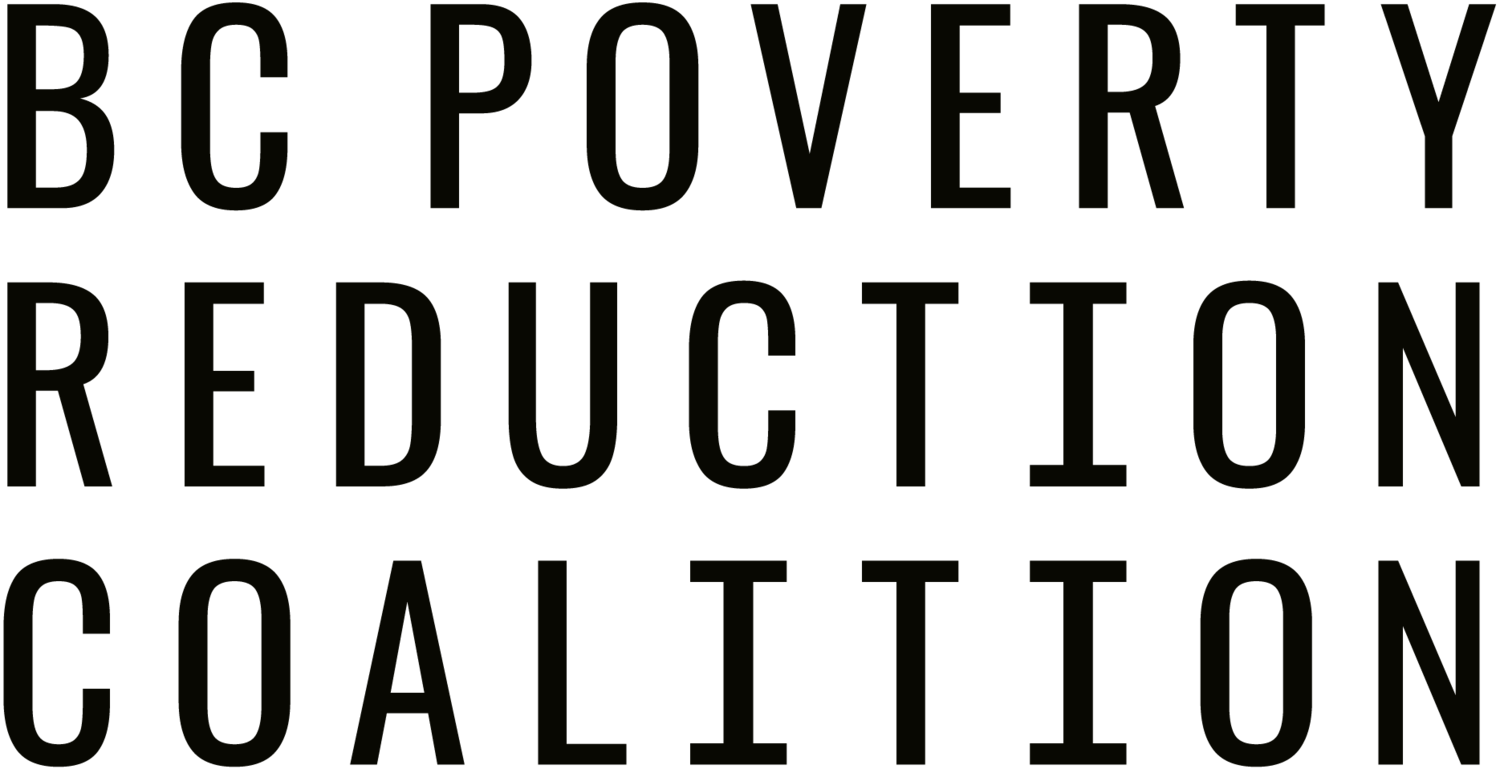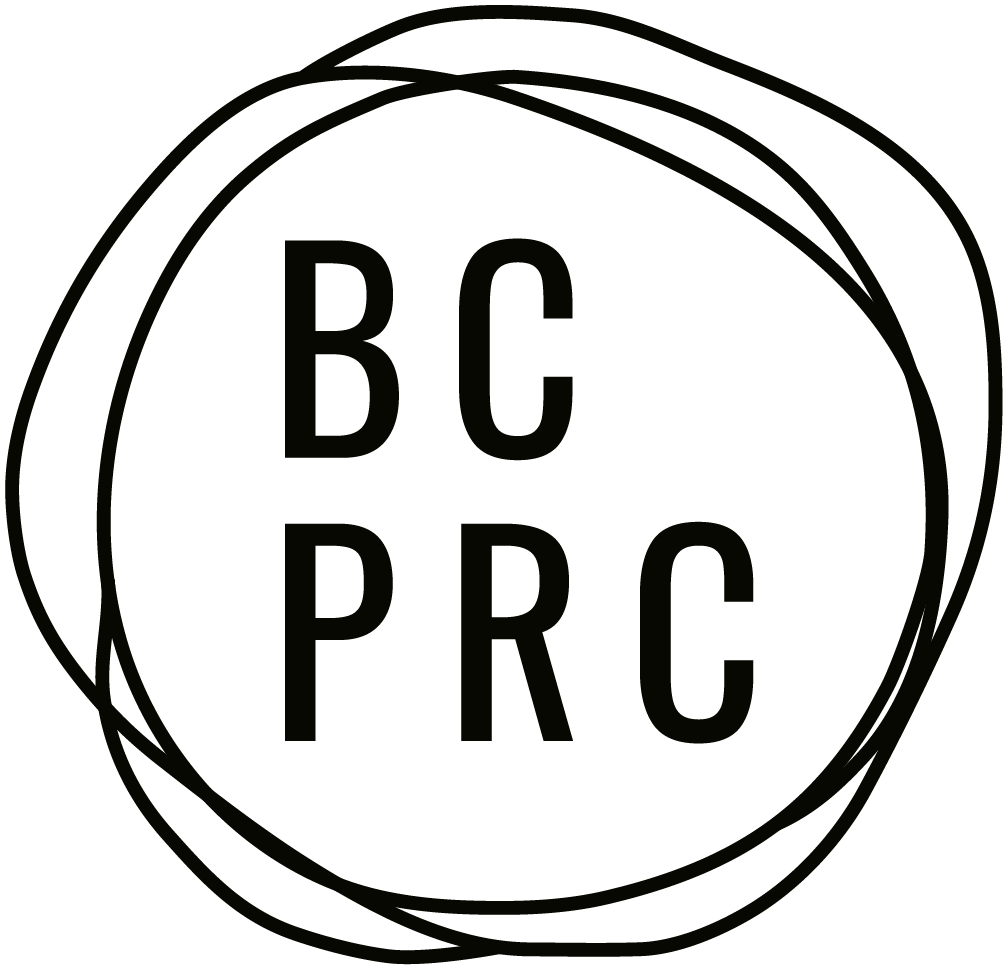Affordability: December 2023 Spotlight
Living Wage for Families BC
〰️
Ecotrust Canada
〰️
The British Columbia Federation of Students
〰️
Living Wage for Families BC 〰️ Ecotrust Canada 〰️ The British Columbia Federation of Students 〰️
Affordability - and a lack of it - is impacting everyone in BC. The good news? Our coalition members are leading the way in affordability work across the province. This month, we’re highlighting the work of three member organizations that tackle different but intersecting aspects of affordability in BC: Living Wage for Families BC, Ecotrust Canada, and The BC Federation of Students.
What are our members doing to support affordability in BC?
Living Wage for Families BC (LF): We advocate for accessible public services and infrastructure, such as affordable housing, low-cost child care, and better and cheaper transit. These initiatives can lower the wages needed to afford a decent standard of living. Nearly 400 BC employers, including small businesses, non-profit organizations, unions, and cooperatives, have become certified Living Wage Employers and are committed to paying a living wage to their employees. Over 2500 workers in BC got a pay increase this year because of their employer’s commitment to paying a Living Wage.
Ecotrust Canada (EC): We work both on the ground with communities as well as through research and advocacy to shift toward a climate-resilient, regenerative economy, just and equitable energy policies, and a reduction in rates of energy insecurity across Canada. Our vision is energy security for all – a society where everyone has access to clean, affordable sources of energy, and nobody has to choose between heating their home and feeding their family.
The British Columbia Federation of Students (BCFS): Our primary lobbying calls on the provincial government to increase funding to post-secondary institutions, develop a progressive funding model that accounts for inflation, and freeze and progressively reduce tuition fees – to ultimately lessen the financial burden students and their families face to access education. The Federation also advocates for increased funding to the BC Access grant to reduce up-front financial barriers to accessing education for low- and middle-income British Columbians.
Why are these members part of the BC Poverty Reduction Coalition?
EC: Ecotrust Canada is part of the BCPRC because we share the overarching vision of ending poverty in BC. We believe that everyone has a right to clean, affordable energy, and climate-resilient homes. Currently, there are at least 250,000 households in British Columbia that experience a lack of affordable access to basic energy services like heating, lighting, and cooking as a daily reality. We see the BCPRC as a critical forum for engagement, advocacy, and solidarity in achieving our shared vision of ending poverty and energy inequity.
BCFS: Students encounter intersecting challenges with affordability in all aspects of their lives. By joining forces with members of the BCPRC, we ensure that we are working with experts across sectors to ensure that student’s and British Columbian’s interests are being advocated for and that our collective calls to action are unified and amplified. The BCFS shares common values with the BCPRC’s beliefs that public policy can provide solutions to end poverty, homelessness, and inequality in BC. We know that education, specifically post-secondary education is a key tool to reduce poverty, housing insecurity, and social inequality.
LW: We believe that work should be a pathway out of poverty not a perpetuator of it. Yet in BC, this isn’t the reality for many. The combined impact of rising costs of living across the province, with limited adjustments in wages and the precarity of employment means that low-wage workers are still living in working poverty.
What’s one action you (yes, you) could take to support their work?
BCFS: We welcome endorsements of our Fund It, Fix It campaign from BCPRC member organizations. The best ways to endorse the campaign are to pass a motion through your Board to endorse the campaign, and/or to write a letter of support to the Minister of Post-Secondary Education and Future Skills with a message of support. The BCFS can provide template motions and letters of support upon request.
LW: We encourage BCPRC member organizations to read the latest Living Wage Calculations and stay up-to-date on what the living wages are in the region(s) where you work. In 2023 living wage in Metro Vancouver has gone up to $25.68 an hour. Calculations from Living Wage for Families BC & the Canadian Centre for Policy Alternatives - BC Office show that a family in Metro Vancouver would have to spend over $4,000 extra on the same basket of goods compared to last year.
EC: We want to hear from tenants experiencing challenges related to energy systems in rental suites. We are conducting lived and living experience interviews with tenants, and testing several different policy options for these systems. Connecting us to renters in your organizational networks would be a great help!
Where can you follow along with these members’ work?
Living Wage for Families BC: Instagram, Facebook, X (Twitter), Website
Ecotrust Canada: Instagram, Facebook, X (Twitter), Website
BC Federation of Students: Instagram, Facebook, X (Twitter), Website

